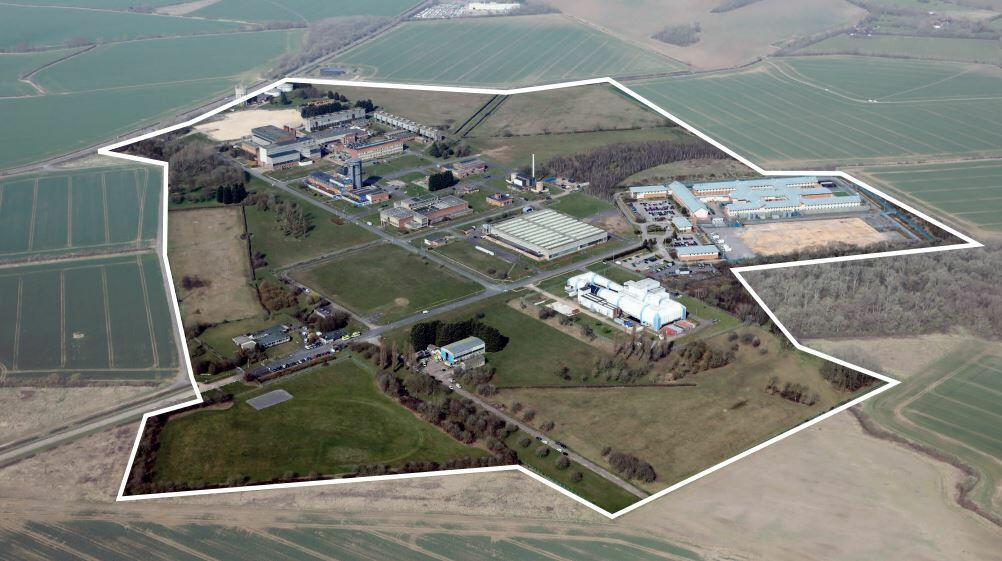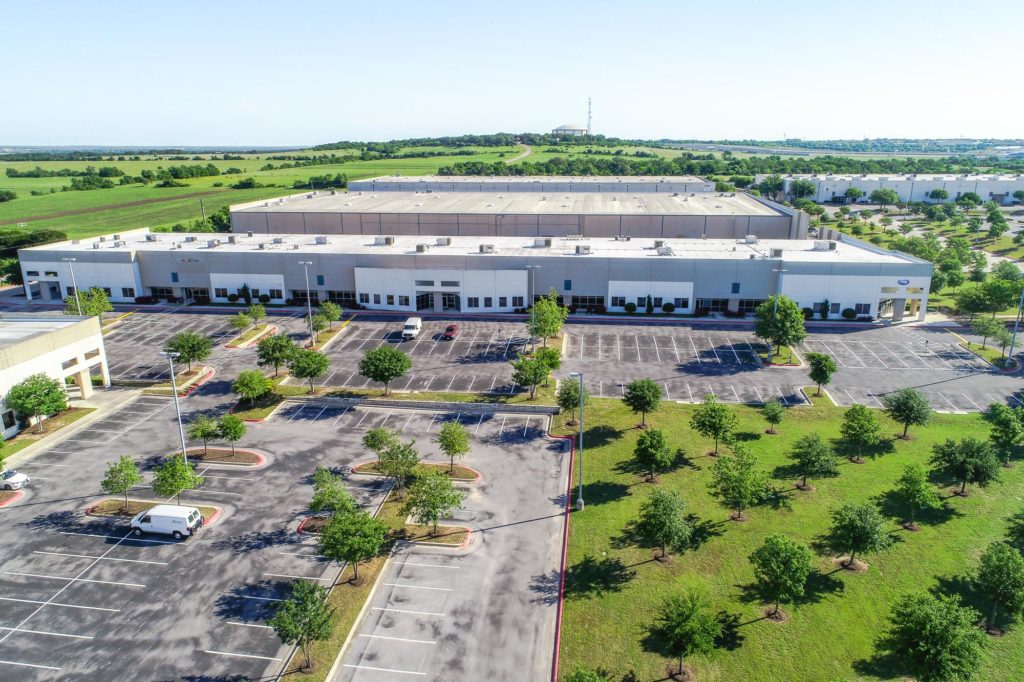How to become a great commercial real estate broker?

Embarking on a career as a commercial real estate broker can be both challenging and rewarding. Success in this field requires a combination of industry knowledge, networking skills, and dedication to providing excellent service to clients. In this comprehensive guide, we’ll explore the five essential steps you need to take to become a top-notch commercial real estate broker.
How to become a great commercial real estate broker?
Becoming a great commercial real estate broker requires a strategic approach and a commitment to continuous learning and improvement. Here are the five key steps to achieving success in this dynamic industry:
Step 1: Acquire Industry Knowledge
To excel as a commercial real estate broker, you must have a deep understanding of the industry. This includes knowledge of market trends, property types, zoning regulations, financing options, and legal considerations. Take the time to educate yourself through formal education, industry certifications, and hands-on experience.
Step 2: Develop Strong Networking Skills
Networking is crucial in the world of commercial real estate. Building relationships with other professionals in the industry, including property owners, investors, developers, and fellow brokers, can open doors to new opportunities and help you stay informed about market developments. Attend industry events, join professional organizations, and leverage social media to expand your network.
Step 3: Hone Your Negotiation Skills
Negotiation is a fundamental aspect of the commercial real estate business. As a broker, you’ll often find yourself negotiating deals on behalf of your clients, whether it’s securing favorable lease terms or closing a sale. Invest time in honing your negotiation skills, including active listening, problem-solving, and finding win-win solutions.
Step 4: Provide Exceptional Customer Service
In the competitive world of commercial real estate, providing exceptional customer service can set you apart from the competition. Always prioritize the needs of your clients and strive to exceed their expectations. Whether you’re helping a tenant find the perfect office space or assisting a landlord in marketing their property, focus on delivering results and building long-term relationships.
Step 5: Stay Updated and Adapt to Changes
The commercial real estate industry is constantly evolving, with new trends, technologies, and regulations shaping the landscape. To thrive in this dynamic environment, it’s essential to stay updated on industry developments and adapt to changes as they occur. Embrace lifelong learning, attend seminars and workshops, and leverage technology to streamline your processes and stay ahead of the curve.
FAQs (Frequently Asked Questions)
Q: What qualifications do I need to become a commercial real estate broker?
A: While specific requirements vary by state, most aspiring commercial real estate brokers need to complete a certain number of pre-licensing courses, pass a licensing exam, and gain practical experience working under a licensed broker.
Q: How long does it take to become a successful commercial real estate broker?
A: The timeline for achieving success as a commercial real estate broker can vary depending on factors such as market conditions, networking efforts, and individual skill development. Some brokers may achieve success relatively quickly, while others may take several years to build a thriving practice.
Q: What are the key responsibilities of a commercial real estate broker?
A: Commercial real estate brokers are responsible for assisting clients with buying, selling, or leasing commercial properties such as office buildings, retail spaces, and industrial facilities. This includes tasks such as market research, property valuation, negotiation, and transaction management.
Q: How can I build a strong network in the commercial real estate industry?
A: Building a strong network in the commercial real estate industry requires active participation in industry events, networking groups, and professional organizations. Additionally, leveraging social media platforms such as LinkedIn can help you connect with other professionals and expand your reach.
Q: What are some common challenges faced by commercial real estate brokers?
A: Some common challenges faced by commercial real estate brokers include fierce competition, fluctuating market conditions, regulatory changes, and client demands. Overcoming these challenges requires resilience, adaptability, and a proactive approach to problem-solving.
Q: How important is technology in the commercial real estate industry?
A: Technology plays a crucial role in the commercial real estate industry, enabling brokers to streamline processes, access market data, and reach a wider audience. Embracing technology tools such as CRM software, virtual tours, and digital marketing platforms can enhance efficiency and competitiveness.
Conclusion
In conclusion, becoming a successful commercial real estate broker requires a combination of knowledge, skills, and dedication. By following the five essential steps outlined in this guide and continually seeking opportunities for growth and improvement, you can embark on a rewarding career in this dynamic industry.




Leave a Comment